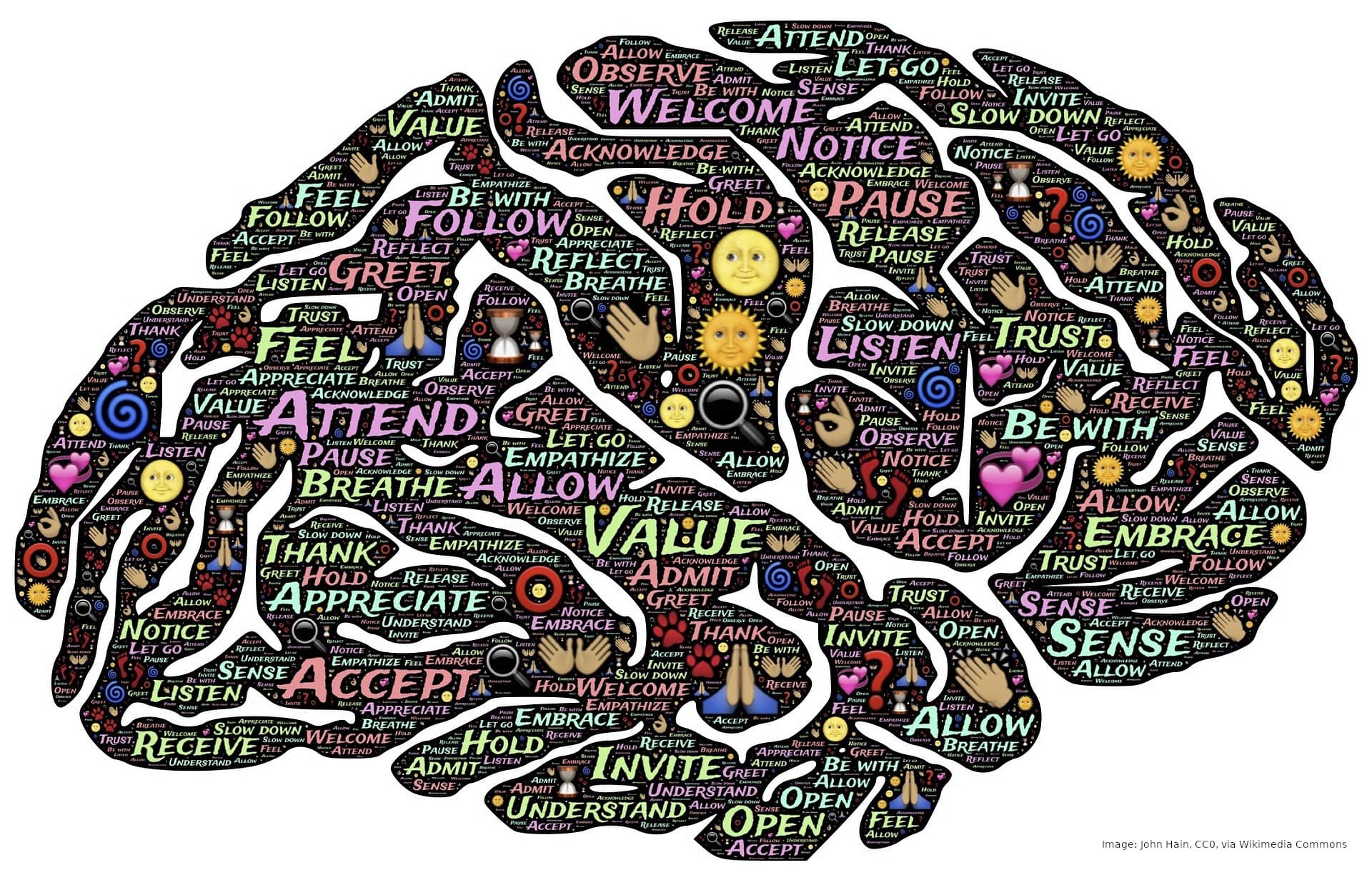Unlocking Autonomy: The Power of Mindfulness

Intro: There is a Space
Between stimulus and response there is a space. In that space is our power to choose our response. In our response lies our growth and our freedom.
— Viktor E. Frankl
In the space between what happens to us and how we respond lies the foundation for growth and freedom.By cultivating mindfulness, we can expand this crucial gap, allowing ourselves to choose our responses with greater clarity and intention.
Unlocking Autonomy: The Power of Mindfulness
Mindfulness isn’t just about finding calm; it’s the key to unlocking true autonomy in our lives. Here’s why it matters:
- Breaking Automatic Reactions: Without mindfulness, we often react impulsively, driven by habits, emotions, or external pressures. These automatic responses can keep us stuck in unproductive patterns.
- Creating Space for Choice: Mindfulness introduces a crucial pause in our decision-making process. This pause allows us to step back, observe our thoughts and emotions, and choose our responses intentionally.
- Fostering Emotional Regulation: By being mindful, we gain control over our emotional responses, helping us navigate challenges with greater composure and clarity.
- Enhancing Self-Awareness: Mindfulness sharpens our awareness of our own thoughts and feelings, enabling us to act in alignment with our true values rather than simply reacting to external circumstances.
- Building Authentic Relationships: When we approach interactions mindfully, we’re better able to connect with others genuinely and respond to their needs thoughtfully.
In essence, mindfulness empowers us to move beyond mere reactions, giving us the freedom to shape our lives with purpose and intentionality. It’s the foundation for building a life of autonomy, where we are the authors of our own experiences.
Between Stimulus and Response: What Is Mindfulness?
Mindfulness is the ability to pause, step back and observe. This awareness helps us break free from conditioned reactions. By doing so, we can respond to challenges with greater wisdom and intention.
The ability to pause, observe, decide, and then act is the foundational process of the soft edge. Without it, your autonomy is undermined because you react without thinking.
Building Autonomy and Critical Thinking: Making Mindfulness a Habit
Integrating mindfulness into your daily routine doesn’t have to be overwhelming. Here’s how you can make mindfulness a lasting habit:
- Start Small: Begin with just a few minutes each day. Whether it’s a short meditation session or simply taking a moment to focus on your breath, starting small makes it easier to build consistency.
- Incorporate into Daily Activities: Mindfulness isn’t limited to meditation. Practice being present during everyday activities like eating, walking, or even brushing your teeth. Focus on the sensations and experiences in the moment.
- Set Reminders: Use tools like alarms, sticky notes, or apps to remind yourself to pause and practice mindfulness throughout the day. Regular reminders help reinforce the habit.
- Anchor to Existing Habits: Tie mindfulness practices to routines you already have in place. For example, take a mindful moment before your morning coffee or during your commute. Anchoring mindfulness to existing habits makes it easier to integrate into your life.
- Reflect Regularly: Take time at the end of each day to reflect on your mindfulness practice. Consider what worked, what didn’t, and how you felt. This reflection helps solidify the habit and encourages continuous improvement.
- Be Patient and Persistent: Like any habit, mindfulness takes time to develop. Be patient with yourself and stay persistent, even when it feels challenging. Over time, the practice will become a natural part of your daily life.
Making mindfulness a habit is key to unlocking autonomy and enhancing critical thinking. By integrating these simple practices into your routine, you’ll develop greater self-awareness, emotional regulation, and the ability to approach life’s challenges with clarity and intention.
Conclusion
Embracing mindfulness as a foundational habit in your life can profoundly transform how you navigate your personal and professional experiences. By increasing the space between stimulus and response, mindfulness empowers you to make thoughtful, deliberate choices that enhance emotional regulation and foster personal growth. Integrating mindfulness into your daily routine not only cultivates a deeper understanding of yourself but also enhances your ability to handle challenges with resilience and clarity. Start small, stay consistent, and watch as mindfulness helps unlock your full potential.
